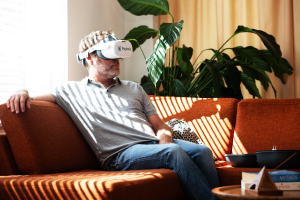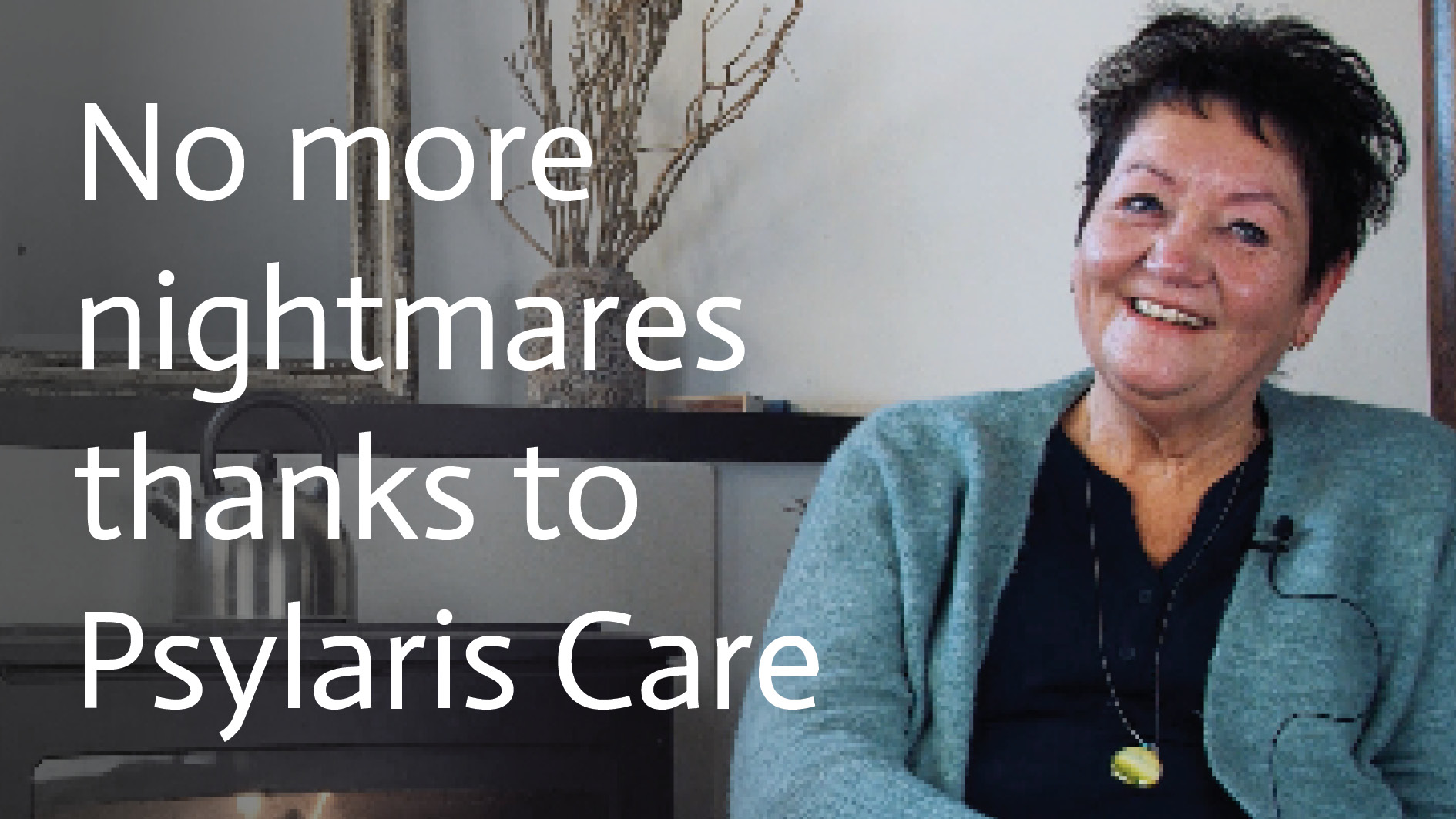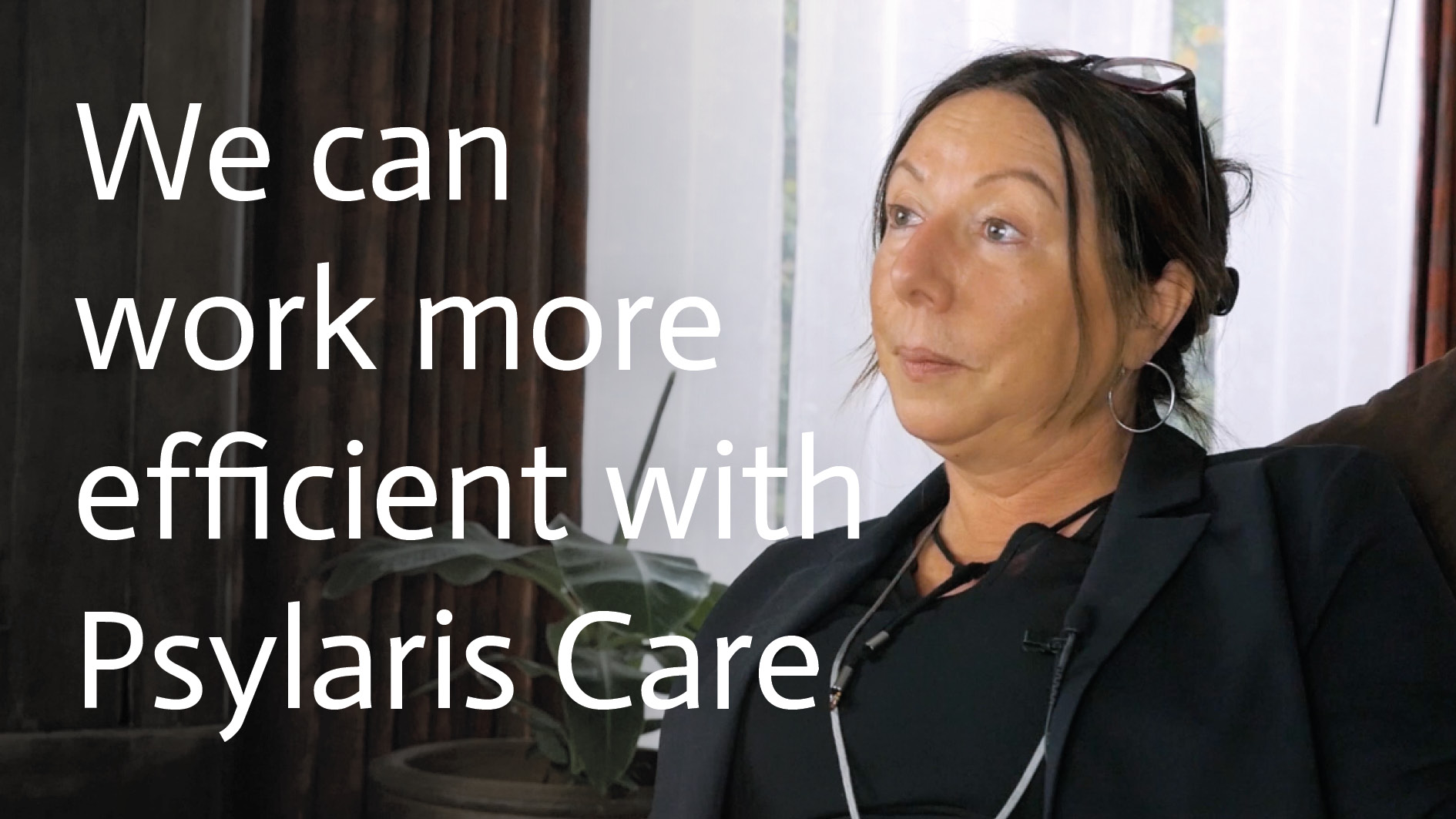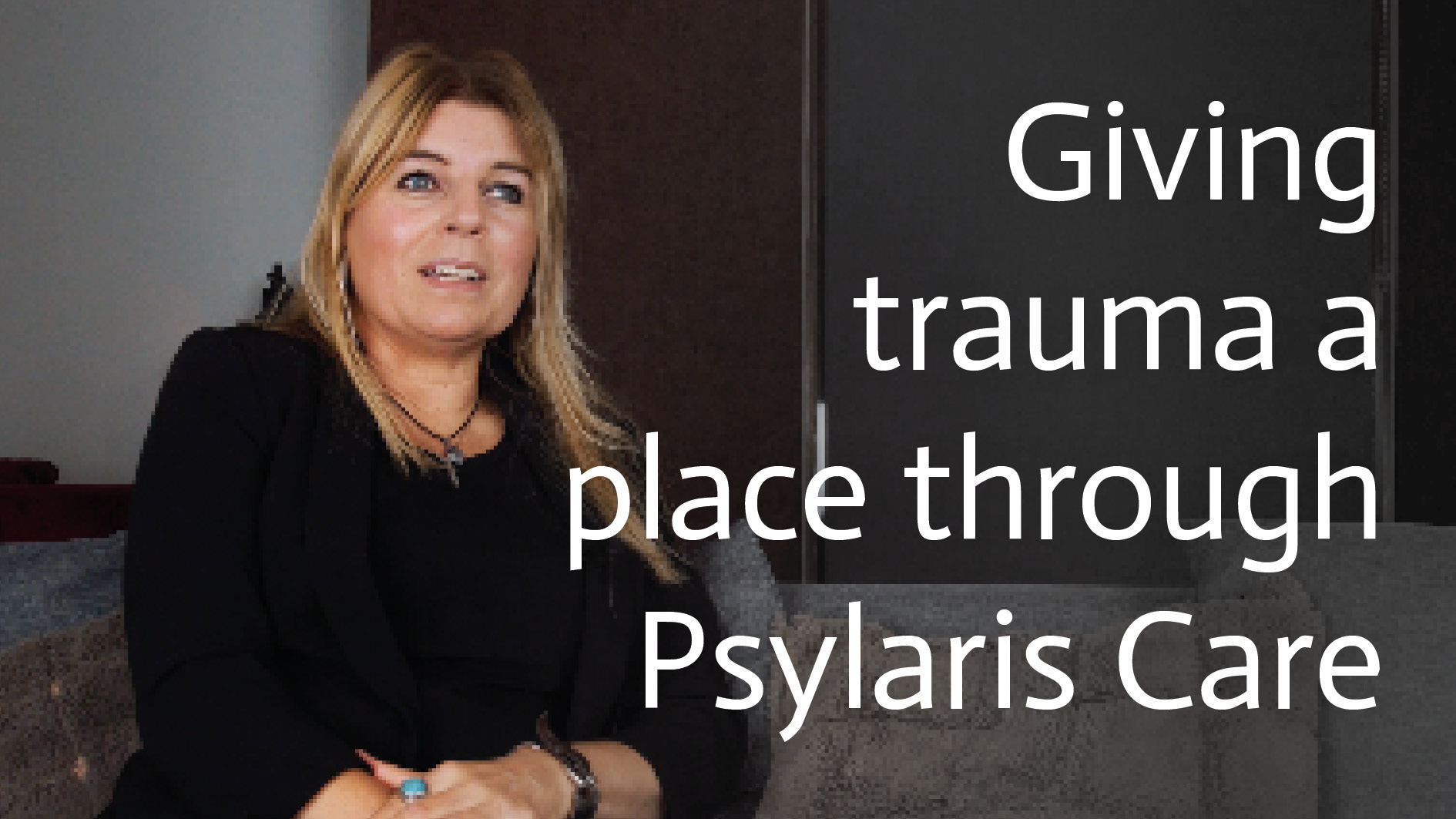Much is changing in healthcare. Processes are being digitised and robots are taking over the work of people. Performance orientation, innovation and efficiency seem to be the order of the day in the industry. Insurers, consultants and IT companies see their chance and jump on this development. But wasn't it all about something else? Wasn't healthcare about people? Wasn't their well-being the most important thing?
Of course, care is about people. In fact, more than ever as far as we are concerned, precisely because of technology and innovation. Thanks to these developments, more and more affordable, efficient and sustainable solutions are becoming available. Specialists have their hands free for research and the really vulnerable patients, and the list of benefits for patients is even longer. In the future, care will increasingly come to you, sometimes even at home. Besides, the precision of a robot will never be matched by a human, so goodbye medical mistakes. If you are now thinking: yes, it's great to have such precision, but I also want to be understood and reassured. Good news: it won't be long before the first empathic robot is a fact.
Ideological entrepreneurship
But let's take a step back to the statement we made earlier. As far as we are concerned, care innovation is more than ever about people and their needs.
First of all, we base this on the people behind all those solutions and applications: the new generation of mission-driven entrepreneurs. These young dogs may sometimes have the image of hip-doers with the sole purpose of throwing as many buzzwords as possible into the world, but nothing could be further from the truth. Our experience - and we have been in the industry for a few years now - is totally different. It is inspiring and hopeful that this new generation asks real questions and wants to go to the core. In the end, only one thing is important to them: does my product help the end user/client? If the answer is not a resounding yes, they will continue to develop it until it does.
Accessibility
Moreover, thanks to new applications, healthcare will eventually become more accessible for everyone. I'm talking about costs as well as location. Take our EMDR therapy in VR. In principle, not much more is needed than a pair of VR glasses and our software. As a patient, you can then be treated completely regardless of location. Think for example of your own living room. But if we widen the scope, the possibilities are of course endless. EMDR is very suitable as trauma therapy, for example, so imagine what you could do in conflict areas, where mental health care is certainly not readily available. Nice idea, right?
More personal
And finally, even if there is no human contact at all between practitioner and patient, in many cases technology makes care more personal. This sentence may seem contradictory, but it is not. Let's take the example of self-learning ability - also known as artificial intelligence. Based on your profile (e.g. male/female, age, medical history, children yes/no) the appropriate, fully personalised treatment can quickly be chosen. Moreover, our EMDR solution learns from going through the therapy sessions. In this way, treatments can be accelerated or, on the contrary, offered more slowly. The user data also provide us with valuable insights, allowing us to continually fine-tune the solution, based entirely on the patient's needs.
Does this mean the end of classical therapy and the role of the therapist? Not as far as we are concerned. At Psylaris, we strongly believe in the combination of technology and the human factor of the therapist. Our solution is developed as an addition to the existing treatment. We call it blended care.
To summarise: technology and humanity in care do not contradict each other. On the contrary. Are you curious whether this human-centred way of innovation is something for you? Or are you curious about the possibilities of our EMDR in VR for your practice or organisation, mail us at mike@psylaris.com.








